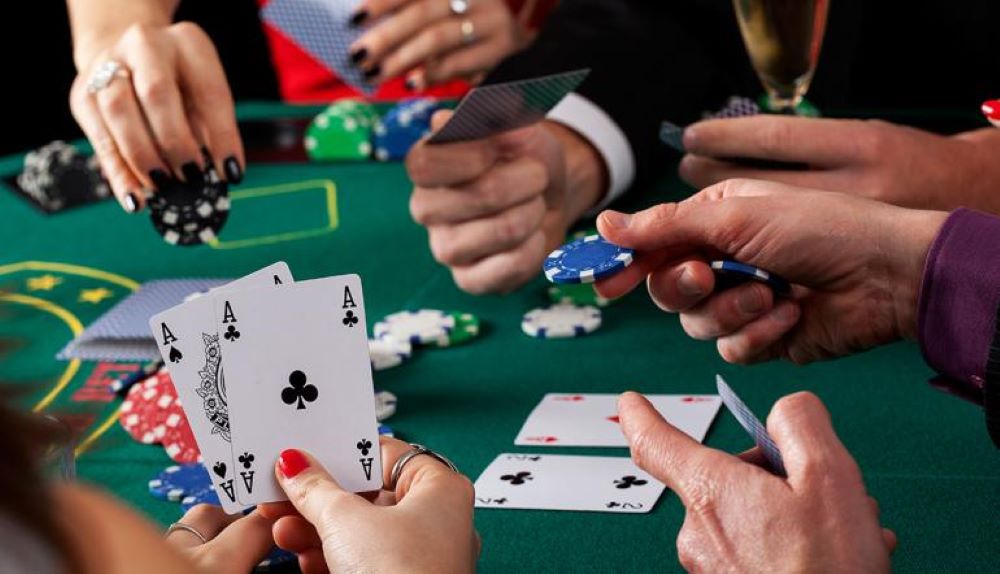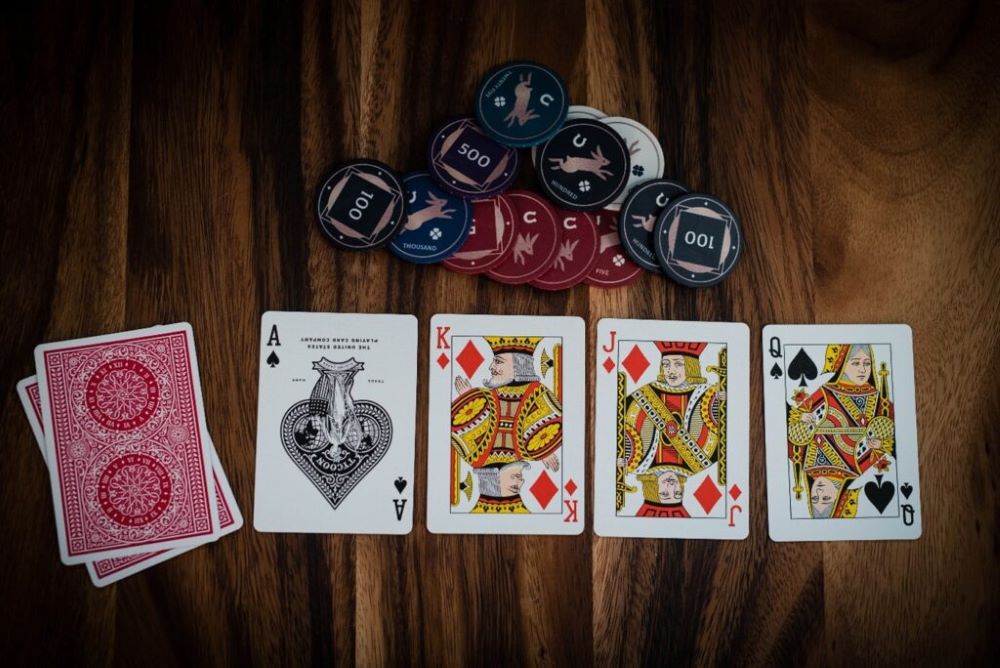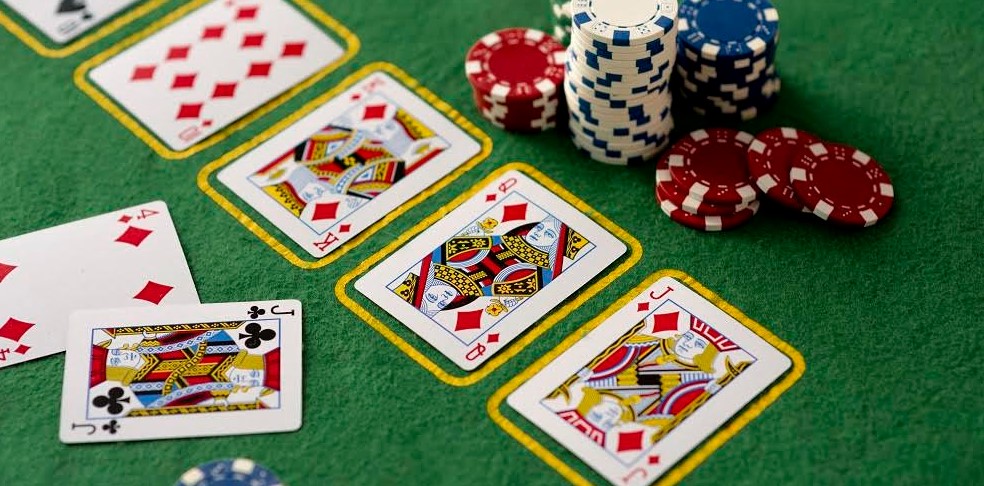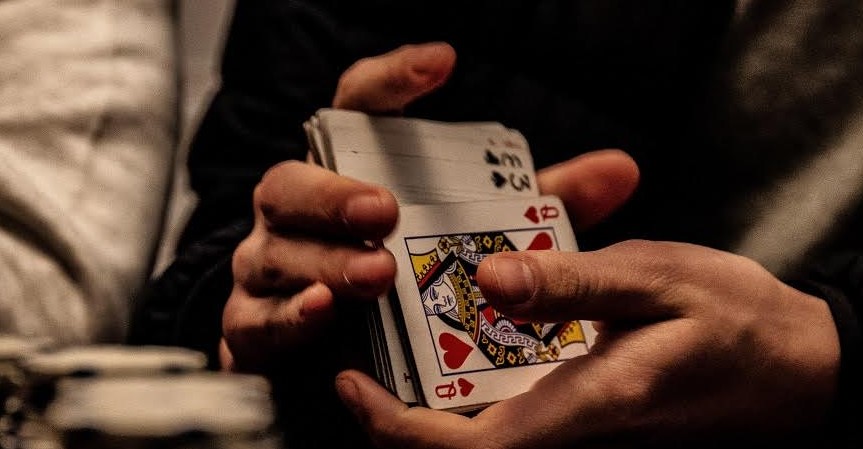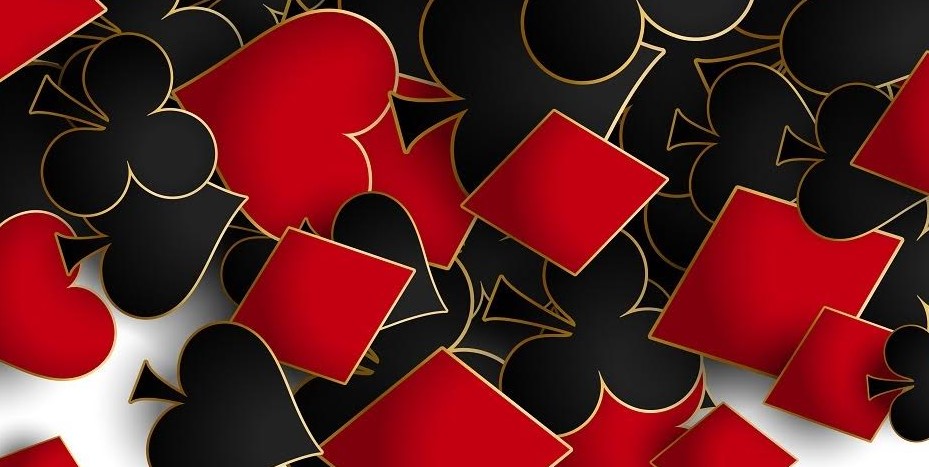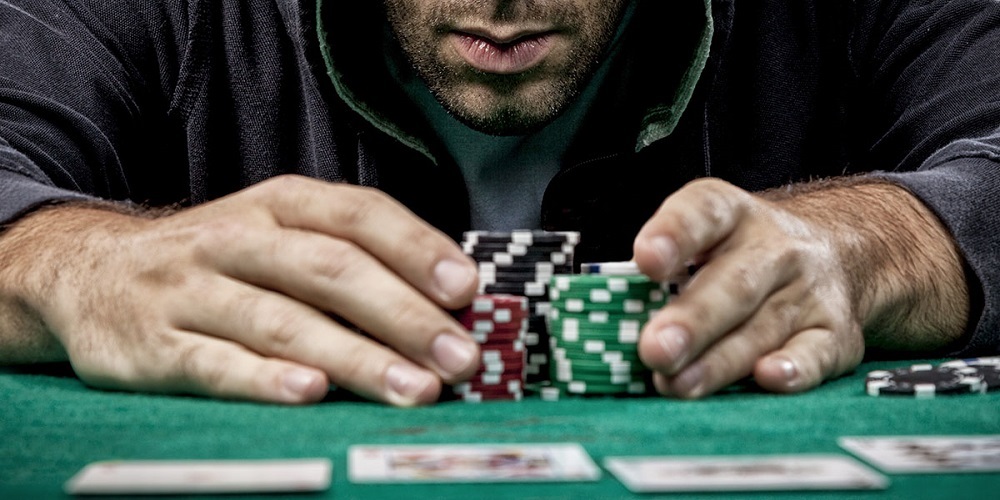Becoming a poker pro is the main goal of many poker amateurs who start to gain experience and show off a background that distances them from the most novice players. Being a pro is not something you get overnight; it takes experience and time to become a professional.
If that is your goal, keep reading because we are going to talk in this post precisely about how difficult (or not) it can be to become a real poker pro, and what steps or phases you have to go through to become a poker expert.
Is it hard to be a professional poker player?

It is one of the most common questions among those who have in mind from the beginning to become a pro. The answer is really relative, taking into account that it depends on the aspirations of each player, on how he approaches his development and how he dedicates himself to the game.
If a player always bets on recreational games, he will gain experience, but it will be more complicated to become a poker professional, while one who goes step by step but firmly and is curious to improve his game, will advance in the long way that a player has to go to be considered a pro.
Is it difficult to be a professional poker player? Well, it’s not easy. Keep in mind that it requires a lot of discipline, time, control over one’s finances and good bankroll management in order to become a pro. That is, although it is not difficult in itself (but it requires a number of qualities, including perseverance, to continue progressing), it is not something you get in two games.
As in any other game, the more you play and the more you progress, the better you will play and the closer you will get to being a poker expert. There are no magic formulas or shortcuts to achieve it, if that is what you mean by easy.
Steps to becoming a professional poker player
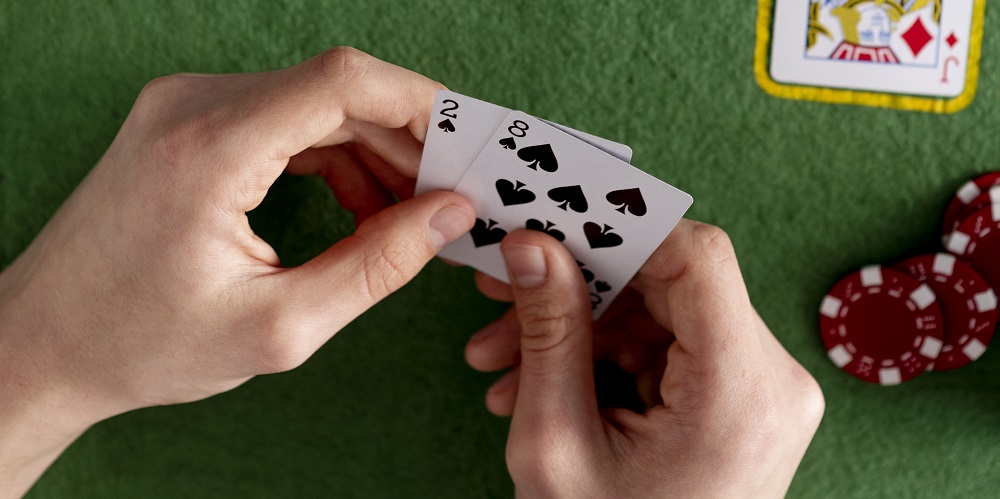
Once you have this clear and internalize that becoming a professional in poker is a process that requires a lot of discipline and dedication, you can begin to face poker with a different spirit. If you are in a hurry to be good you will never be completely good, becoming a professional card player is something that comes with a journey in the game.
What does it take to aspire to be a poker professional? Mainly, this:
- Master the basics of poker. Obviously, any player considered a professional must master the dynamics of the game. We are not only talking about the basics, but about all the aspects that influence a poker game. As you may already know, poker is a multi-layered game, which gives it that complexity that makes it so special. And being able to control and master everything that happens or can happen on those different levels is what differentiates a good poker player from a true professional card player.
- Having a repertoire of skills. This is a process that takes years of experience. Many even works on it throughout their playing careers, because the skills required to play high-level games require advanced knowledge of mathematics, probability and statistics. Certain software programs can help you improve in this area, but be aware that some platforms prohibit their use.
- Optimize the BRM. A transversal aspect that you have to work on since you are a beginner until you have the level to play at professional card player tables. The BRM is vital to guarantee your continuity in the game, and it is necessary that you are no longer good at managing your bankroll, but that you are good at it. When you bet big, you will need to know how much money you have available so as not to be left out in the face of a bad beat, for example.
- Humility and constant practice. No matter how pro you are, there is always something new to learn and you need to keep your humility intact. Just because you have improved doesn’t mean anything, so keep your head down and keep playing.
- Develop your emotional intelligence. Poker professionals agree that having a developed emotional intelligence is vital because it allows you to control your emotions during the game, keeping your concentration in high-risk situations and preventing others from x-raying your game.
- Generate support networks in the community. Within the same community, even if you compete against each other at the tables, you can weave bonds of friendship that can help to overcome difficult moments or to relax tensions at certain times. It is important not to remain isolated; after all, you are a person before being a player.
- Make constant evaluations of your progress. No matter how high your level is, it is a good idea to take stock of your progress from time to time. In fact, it is highly recommended that you get into the habit of analyzing your statistics. This will allow you to update your results and make better analyses.
